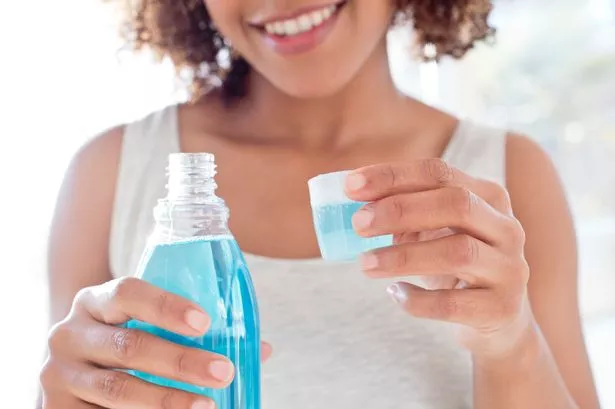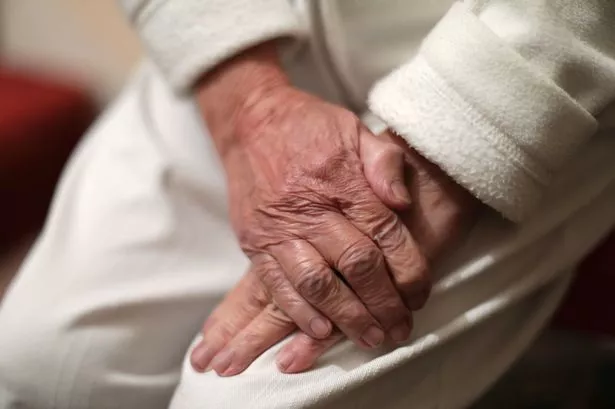A medical expert has issued a warning about the use of certain types of mouthwash due to their potential link to an increased risk of cancer. Dr Karan Rajan, a British surgeon working for the NHS, highlighted in a dental health podcast that there's one type of mouthwash you should steer clear of.
He said how important it was to check labels and opt for alcohol-free products. He stated: "People shouldn't be using alcoholic [mouthwash] if they don't need to. We are increasingly appreciating that we have an oral microbiome, and these can be affected by alcohol."
Dr Rajan explained that any mouthwash containing alcohol can disrupt this microbiome, eliminating essential functions. For instance, he noted that many of the 'good' bacteria in our mouths help protect our teeth and gums, freshen our breath, and assist in digestion.
Unlike alcoholic beverages, alcohol-based mouthwash contains a higher concentration of alcohol and is exposed to your teeth for a longer duration. By swishing an alcohol-based solution around our mouths twice daily, we could be setting ourselves up for serious health issues later in life.
Dr Rajan added: "Some early evidence suggesting that chronic mouthwash use has been linked, from a correlation point of view, to increasing rates of colorectal cancers because of that disrupted oral microbiome", reports the Mirror.
In addition, other experts have discovered that alcoholic mouthwash can dry out your mouth, potentially exacerbating bad breath.
Alcohol-based mouthwashes can cause:
- Burning mouth
- Mucosal pain
- Softening of composite filling materials
- Teeth staining
- Enamel erosion
- Ulcers

In the latest episode of Dr Rajan's podcast, 'Dr Karan Explores', he was joined by Whitney DiFoggio, a US-based dental hygienist, who shared her insights on the mouthwash matter. She advised: "You don't need a mouthwash. Manually brushing the plaque and debris from your teeth with a toothbrush with something to get between your teeth as well as [covering] the fronts, backs, tops and bottoms is what you need."
According to Statista, around 17 million people in the UK use mouthwash. A 2021 survey from GOV.UK found that 37% of adults in the UK use mouthwash.
While mouthwash can be part of a healthy oral hygiene routine, it's not a necessity. Most dentists and oral hygienists consider mouthwash to be an extra step that can help freshen breath and remove food debris.
The NHS suggests that while a fluoride mouthwash can aid in preventing tooth decay, it should not be used immediately after brushing. Instead, they recommend using mouthwash at a separate time, such as after lunch, and avoiding eating or drinking for 30 minutes afterwards.




















